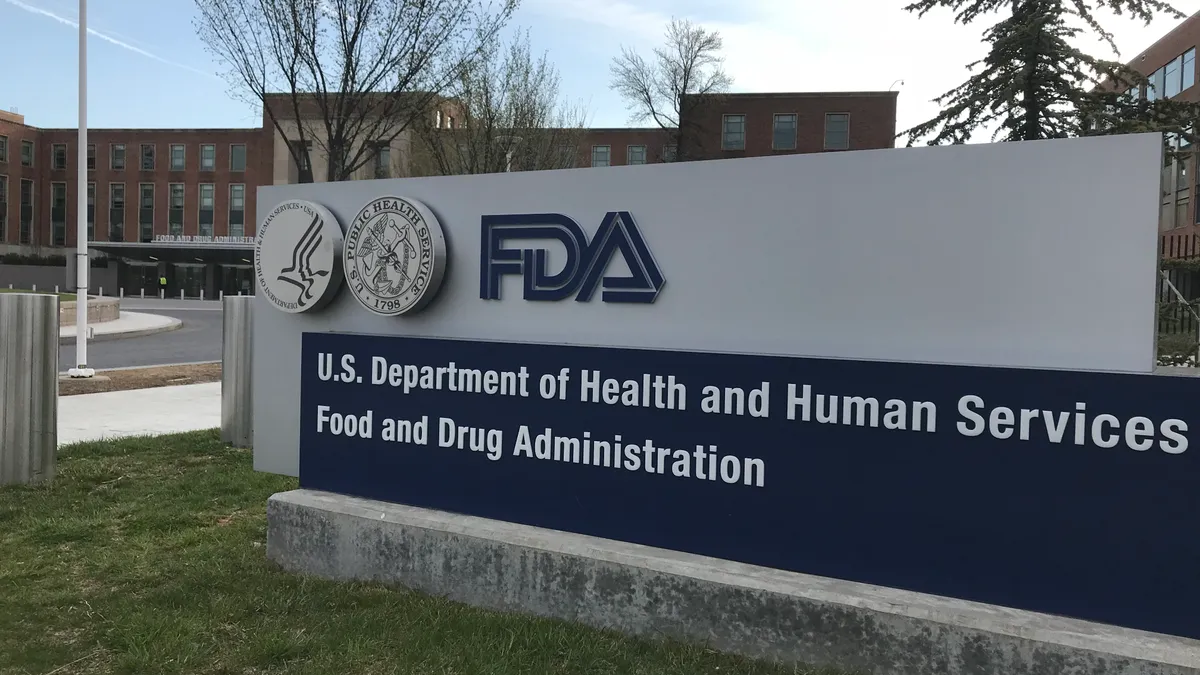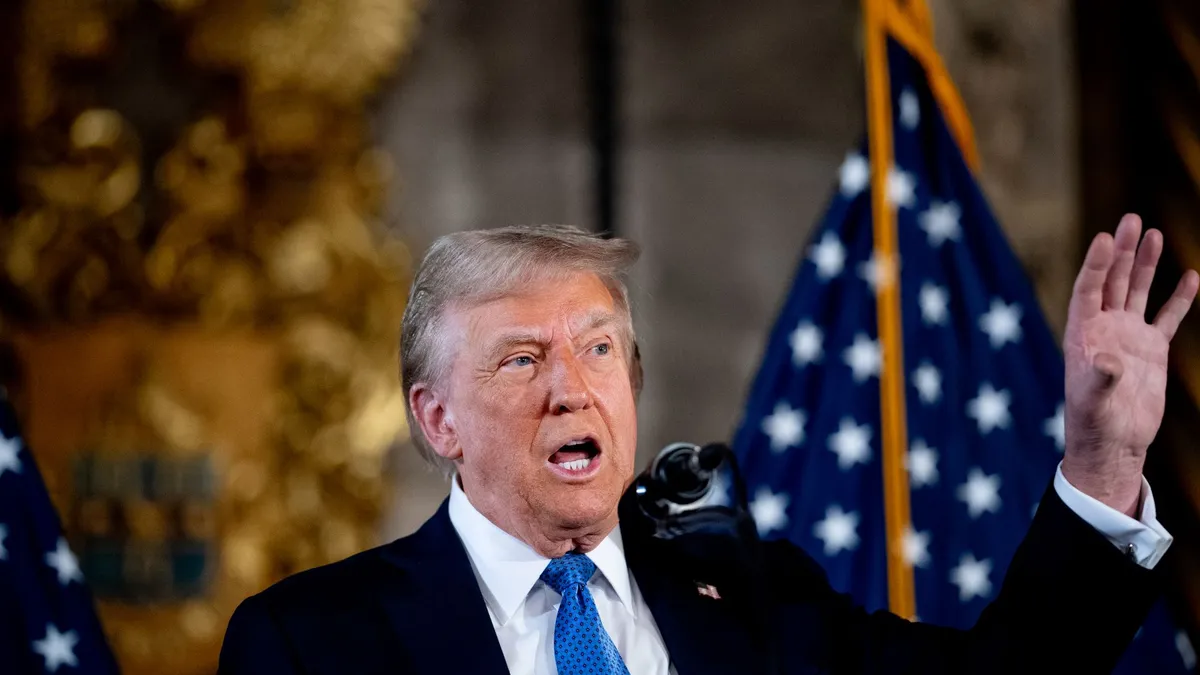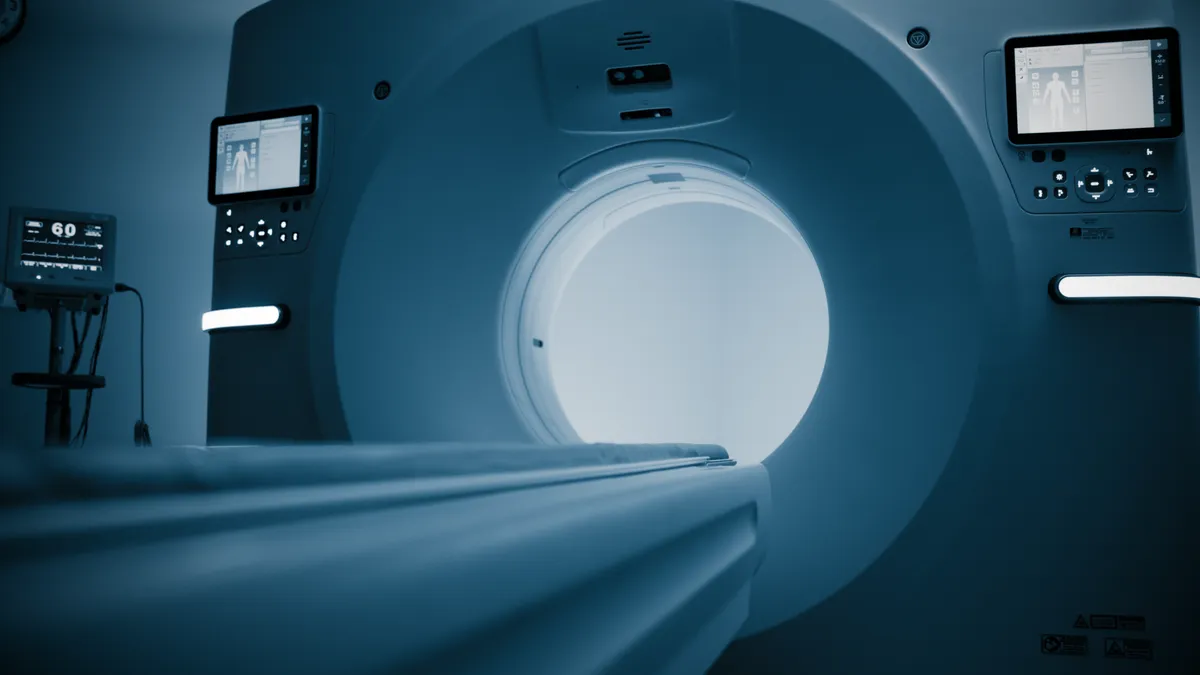A slate of FDA actions in recent days has paralleled release of investigative stories taking aim at regulators and manufacturers alike for lax safety standards, in a wide-ranging probe by the International Consortium of Investigative Journalists.
Here are five things to consider as we see the impact of FDA's proposals and investigative reporting play out on the future of the medical device industry.
Industry friendly congressional action may be stymied
The device industry has been successful in postponing the Affordable Care Act's 2.3% excise tax on devices, recruiting unconventional allies in Congress. Permanent repeal has been their top legislative priority for years.
Newfound public scrutiny of the sector may make it politically more challenging for Congress to act during the lame duck session.
Earlier this month, AdvaMed CEO Scott Whitaker said the trade lobby was in discussions with congressional leadership to potentially attach a permanent repeal to end-of-year-legislation before Democrats take control of the House in the new Congress.
AdvaMed has spent millions of dollars lobbying Congress since the tax was imposed, and the idea has traditionally attracted bipartisan support from key lawmakers like Senate Finance Committee Ranking Member Ron Wyden, D-Ore.
But the expensive measure, estimated to cost the federal government $24.4 billion over a 10-year period, may be ill suited to move with new scrutiny on device makers and rising national debt.
Congressional oversight may increase
FDA is already asking Congress for help bolstering its authority to oversee the medical device industry.
On Monday FDA said its current remedies to impose special controls on certain types of devices are too lengthy and inefficient and suggested it is examining no longer allowing older predicate devices to be used by device makers pursuing clearance through the agency's 510(k) pathway.
But the ICIJ stories may provide the agency with a kind of attention it's not seeking.
Cowen Washington Research Group's Eric Assaraf suggested the stories "could very well lead to congressional hearings and investigations."
One Democrat House Energy and Commerce Committee aide told MedTech Dive no new hearings are currently planned, but said the panel is reviewing FDA's request and "looking forward to working with them in the coming week."
Rep. Frank Pallone, D-N.J., who is expected to chair the powerful committee next year, previously sponsored the Medical Device Safety Act of 2009, which would have effectively overturned the Supreme Court decision in Riegel v. Medtronic, exposing medical device makers to legal risk in state courts. It is unclear if the measure will resurface in light of the ICIJ stories.
Gottlieb and Shuren will continue lobbying for new FDA funding
FDA Commissioner Scott Gottlieb and device center chief Jeff Shuren have repeatedly spoken about the need for Congress to appropriate new funding so FDA can launched its proposed Center of Excellence for Digital Health and boost the National Evaluation System for health Technology (NEST). Appropriators in Congress are still debating the agricultural appropriations bill, which contains FDA funding.
The NEST initiative to shift oversight of medical devices from a passive system to one that links real-world data collection to more actively monitor adverse events from specific devices is critical, according to Shuren. FDA asked for $46 million in new funding to support the program in the president's budget for fiscal year 2019.
"Access to robust and timely data, including more extensive and informative post-market data and real-world evidence, is central to empowering the FDA to identify, communicate and act on new or increased medical device safety concerns. Such data serves as the foundation of our commitment to improving our nation's post-market medical device surveillance," Gottlieb and Shuren said last week.
AdvaMed says that industry has "long supported" the development of NEST.
"This is a collective effort, and one we can continually improve when we work together. FDA's latest updates to its Medical Device Safety Action Plan are another positive step in this collective effort, and we're ready to work with the agency and other stakeholders on ways to support the continued safety and effectiveness of medical devices," the trade group said in a statement last week.
Unique Device Identifiers in claims data may get boost
Implementation of Unique Device Identifiers in claims data is a critical step to standing up NEST, according to Ben Moscovitch, project director for health information technology at The Pew Charitable Trusts.
The idea, backed by the Medicare Payment Advisory Commission Aetna and key lawmakers, was included in draft recommendations by a key standards committee last year.
"Once that draft proposal is finalized several other advisory committees will examine the proposal and it would be provided to CMS for adoption via rulemaking," Moscovitch said. "Claims transaction standards are updated infrequently, as infrequently as once every 10 years. Missing this window to add UDIs to claims could delay adding this information for at least a decade."
FDA says it will up scrutiny of medical devices
The FDA under Gottlieb is adopting measures that allow devices to come to market more quickly, but also simultaneously seeking to ramp up postmarket surveillance.
The agency is also holding an advisory committee meeting early next year to review surgical mesh intended for transvaginal pelvic organ prolapse repair. Only three such products remain on the market and FDA will consider additional regulatory actions based on feedback at the meeting, according to Gottlieb and Shuren.
The agency is also set to release its proposal to overhaul its De Novo pathway within the next few weeks, "clarifying procedures and requirements for submissions of De Novo requests."





















